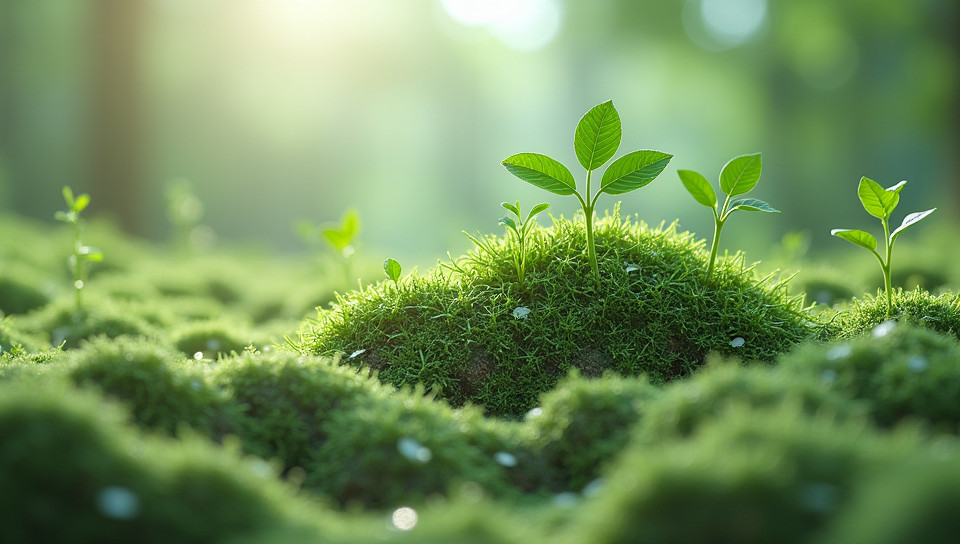Biodegradable plastics are developed through biotechnological methods 73%

The Future of Plastics: How Biotechnological Methods Are Changing the Game
As we continue to grapple with the environmental consequences of plastic waste, researchers and scientists are working tirelessly to develop innovative solutions that can help mitigate this issue. One promising area of research is the development of biodegradable plastics through biotechnological methods.
What Are Biodegradable Plastics?
Biodegradable plastics are made from organic materials such as bacteria, fungi, or plants, which break down naturally in the environment. Unlike traditional plastics made from petroleum-based materials, biodegradable plastics do not contribute to the growing problem of plastic waste and pollution.
The Role of Microorganisms
Microorganisms play a crucial role in the production of biodegradable plastics. Certain strains of bacteria and fungi can produce polymers that are similar in composition and properties to traditional plastics. These microorganisms can be engineered to produce specific types of bioplastics, such as polyhydroxyalkanoates (PHAs) or polylactic acid (PLA).
Production Methods
There are several methods used to produce biodegradable plastics through biotechnological means:
- Using agricultural waste: Bioplastic production can utilize crop waste and by-products, reducing the environmental impact of traditional farming practices.
- Fermentation: Microorganisms such as bacteria or yeast convert sugars into bioplastics through fermentation processes.
- Enzyme-based methods: Certain enzymes can break down organic materials into biodegradable plastics.
Benefits and Applications
Biodegradable plastics offer several benefits over traditional plastics, including:
- Reduced greenhouse gas emissions
- Decreased plastic waste and pollution
- Improved compostability and recyclability
- Potential for use in packaging, medical devices, and other applications
The Future of Bioplastics
As biotechnological methods continue to improve, we can expect to see more widespread adoption of biodegradable plastics. With the increasing focus on sustainability and environmental responsibility, companies and researchers are working together to develop innovative solutions that meet the growing demand for eco-friendly products.
Conclusion
The development of biodegradable plastics through biotechnological methods is a promising solution to the plastic waste problem. By harnessing the power of microorganisms and innovative production methods, we can create a more sustainable future for our planet. As research continues to advance, it's likely that bioplastics will become an integral part of our daily lives, replacing traditional plastics in various applications. The future is bright for biodegradable plastics, and it's time to take action towards a more sustainable tomorrow.
- Created by: Jakub Mazur
- Created at: Dec. 21, 2024, 3:35 p.m.
- ID: 16979